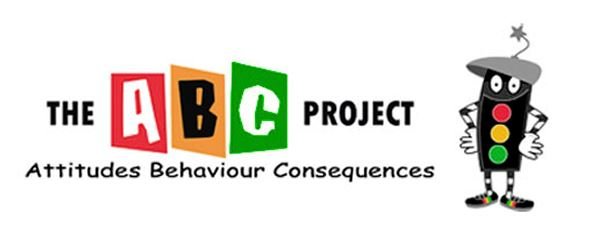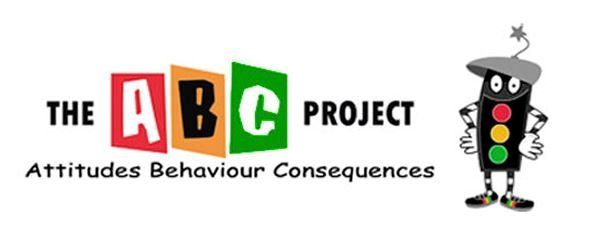

Read it!
Why have rules and laws?
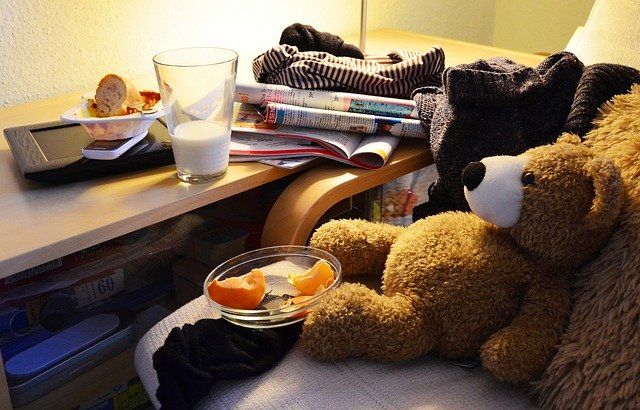
What rules do you think should apply here?
Half-eaten food and an unfinished drink have been left.
Would it be easy to find anything in the pile of magazines and toys?

Mouldy food
This what happens to food if you leave it lying around.
What types of things might be attracted into your bedroom, if you left this food container lying on the floor?
ParDerWaschbar, CC BY-SA 4.0 <https://creativecommons.org/licenses/by-sa/4.0>, via Wikimedia Commons

What might happen.
Leaving things lying around can make it much more likely that you will have an accident by slipping or tripping.
If you slip or trip you could cause yourself a serious injury. For example, you could end up with a broken arm. Even a skinned elbow can be painful.
Rules and Laws are made to keep us safe. They exist everywhere in society.
Unwritten rules:
These are the types of rules we need to carry in our heads. They tell us that we 'should' behave in a certain way. They might be rules made at home to stop our bedroom becoming messy
Written Rules:
These are the types of rules that are written down for us to see. For example, rules for people using the roads are written down in the Highway Code, and rules about sports are also written down in handbooks for the players to follow. Other rules for society are made by members of Parliament and are written down.
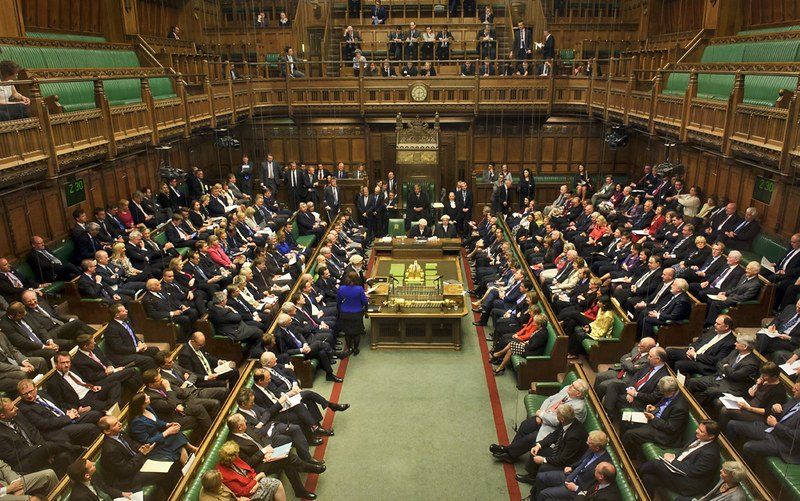
Parliament
The Members of Parliament all come together to talk about and decide on new laws for the country. They will vote on each topic and rules will be decided in this way. This is a form of democracy. A democracy is a type of government where the people who live in the country have power to decide the rules and laws. The citizens do not make the rules and laws themselves. They elect people to be members of parliament, and the members of parliament make the rules and laws on behalf of the people who elected them. The people who vote to elect members of parliament are sometimes called the electorate
UK government, OGL 3 <http://www.nationalarchives.gov.uk/doc/open-government-licence/version/3>, via Wikimedia Commons
School Council
A school council is a formal group of pupils who act as representatives of their classmates. They will tell the headteacher, and the teaching staff who sit on the council, the views of the pupils when they attend a council meeting, perhaps about school rules or maybe an event that the school is planning. Just like members of parliament, students are elected to represent the views of their class. School councils are involved in all aspects of the running of the school and the elected representative children help that process when they sit in on a school council meeting.
It is a good exercise in the benefits of a democracy
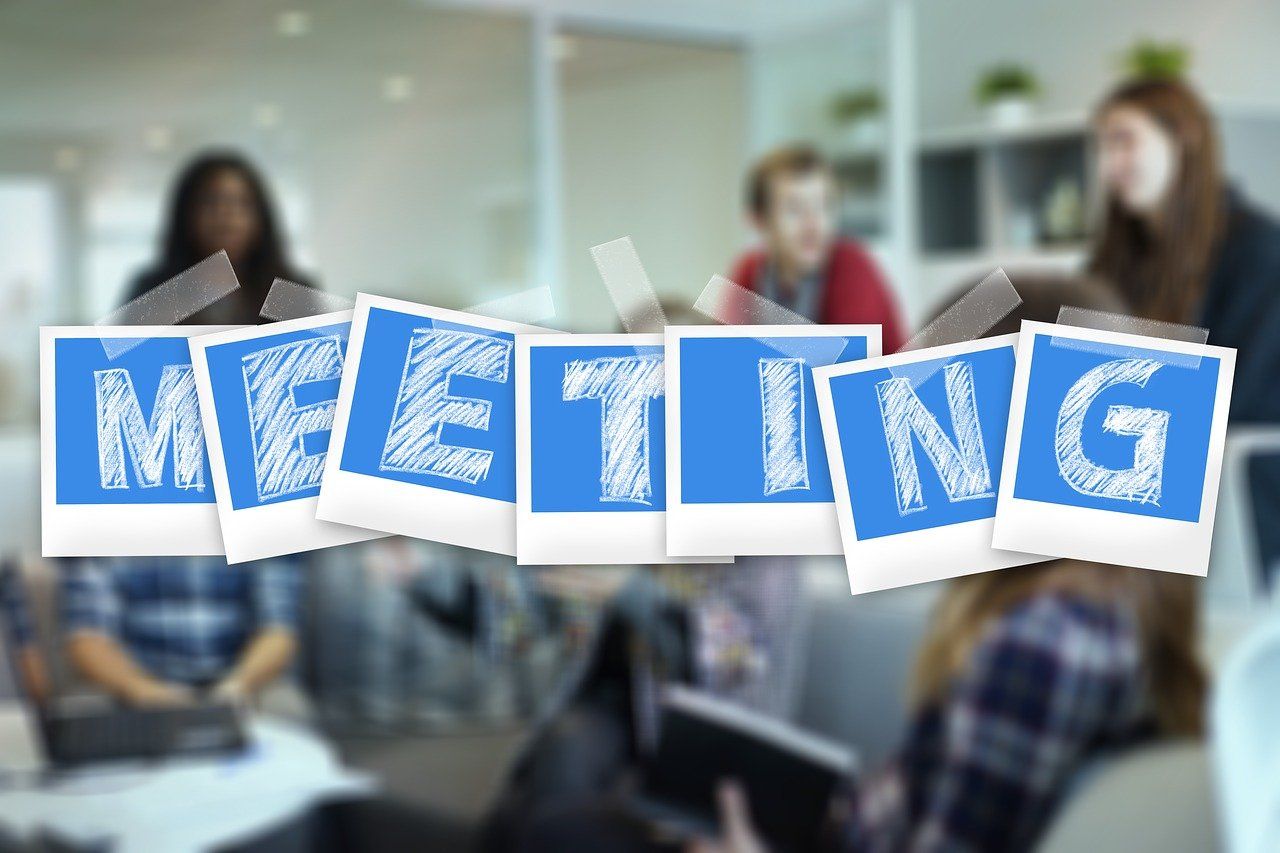
Rights and responsibilities
Rights and responsibilities
Yes we may have many rules and laws to follow but each individual also has rights.
Here are some of the rights we have:
- the right to say 'No'. (See the PANTS page for simple rules about others touching our private body parts)
- the right to live with a family or with someone who will care about us
- the right to go to school
- the right to visit a doctor when we need to
- the right to have people listen to us when we have something to say
Most people, as long as they are not in trouble with the law, have the freedom to decide to travel, once they become an adult, usually at 18 years old, and they all have the freedom of speech
whatever their age.
Can
you think of any other freedoms people have?
So we have established that we have rights and freedoms, but we also have responsibilities. Individuals
must take responsibility for their own actions; this may lead to good or bad consequences
Some of our rights

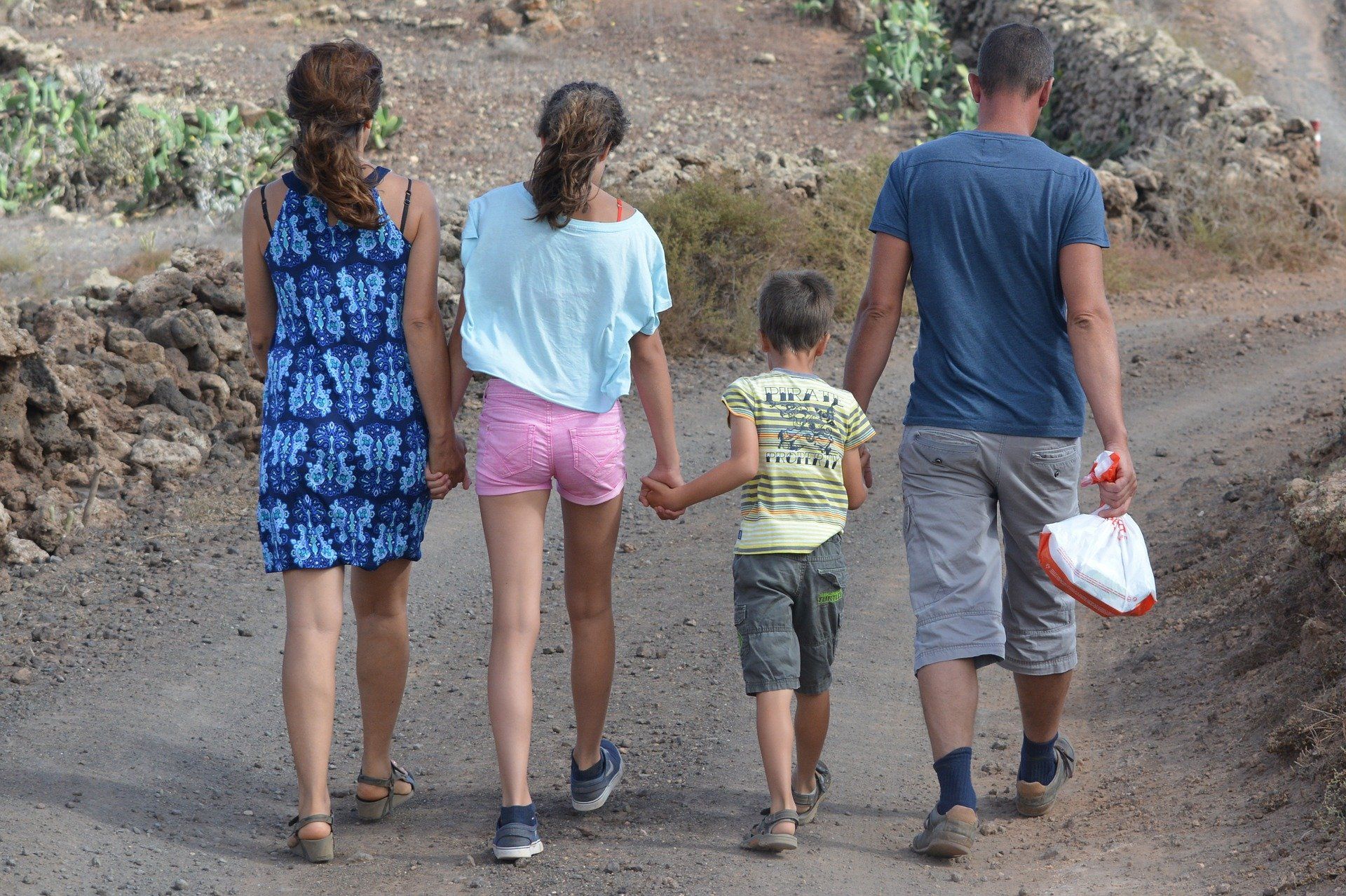

Attitudes Behaviour Consequences
Leads to -
Attitudes
"What I think."
Behaviour
"What I do."
Leads to -
Consequences
"What happens as a result of what I do."
Our individual attitudes will always affect our behaviour, and the way we behave will result in consequences, either a good or bad outcome.
Test it!
When you think you have learned all the information about
'Rules and Laws' click the Test it! button opposite to test yourself.
